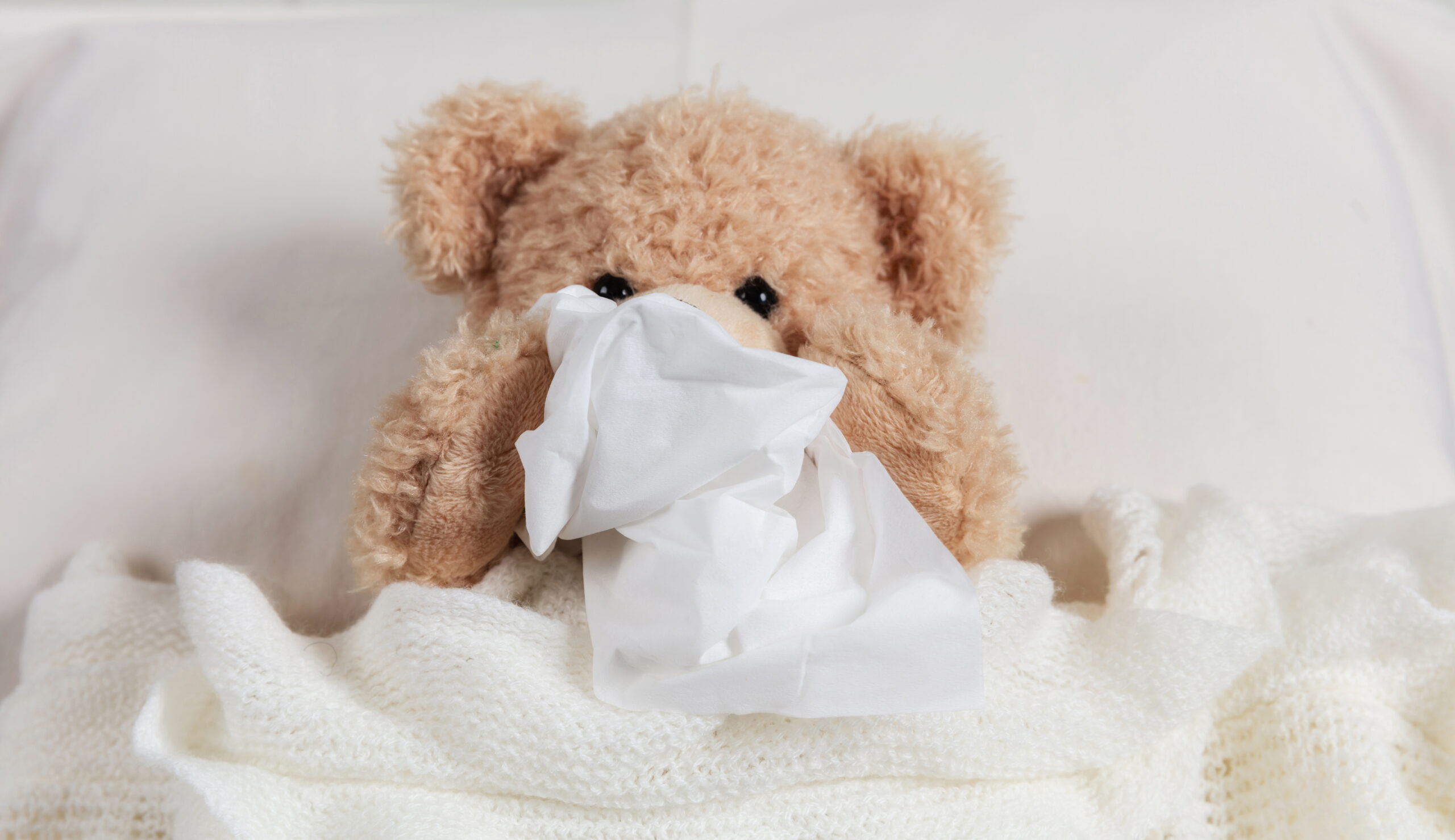Ahhh, the weekend has arrived and for many people, it’s an opportunity to get some extra sleep after a busy week. The neighborhood is quiet and maybe it’s even nice enough outside to open the bedroom windows. But for allergy and asthma sufferers, the bedroom can be a source of allergens that trigger sneezes, watery, itchy eyes, or a runny nose. With a few simple steps, however, the bedroom can be a restful sanctuary for sleep.
A deep clean that includes vacuuming every week and laundering all bedding in hot water followed by a hot dryer can help keep dust mites that can trigger allergies and asthma out of bed. Heavy drapes can also trap dust; try swapping them out for washable, lightweight curtains or roller blinds.
Keeping the bedroom cool at night not only promotes better sleep but cool, dry indoor temperatures prevent the growth of mold and mildew which can both trigger breathing problems for people with allergies or asthma. Don’t forget to change your air filters in heating and air conditioning systems frequently. Relatively new entries to the consumer market, air purifiers can work wonders to filter air, remove allergens and volitile organic compounds (VOC’s) that are given off by paint, carpet and even cooking but do your homework. Different brands of air purifiers use different processes and work to differing levels.
Getting in the habit of taking a nightly shower to remove pollen, dust, or dander from hair and skin can keep allergens out of bedding and reduce nighttime symptoms. Although this may be a tough one, it is best to also keep pets that may carry allergens out of the bedroom. But if this is not possible, vacuum more often, use a pet bed that can be washed, and keep up with regular grooming.
Although it’s comforting to have lots of soft pillows and cozy seating in the bedroom, fabrics that can’t be washed often accumulate dust and other allergens. If allergies are severe, keep clutter, fabrics, and carpeting to a minimum. Mattresses and pillows can be covered with allergen barriers and pillows should be replaced every two years, according to the Asthma and Allergy Foundation of America. Mattresses should be replaced every 10 years.
During high pollen times or when air quality outdoors is poor, keep bedroom windows closed. If your bathroom is attached to the bedroom, it’s important to run a fan for at least 15 minutes after showering and keep humidity in the home below 50 percent to reduce the chance for mold growth. Any mold or mildew should be cleaned up quickly with a diluted vinegar solution.
Keeping a clean and tidy home not only discourages allergens and pests, it just feels good to know the pillow you rest your head on at night is free of allergen particles. As an added bonus, picking up clutter and getting rid of area rugs can also help reduce the risk for falls.
Happy Spring Cleaning!






Add Your Voice
0 Comments
Join the Discussion